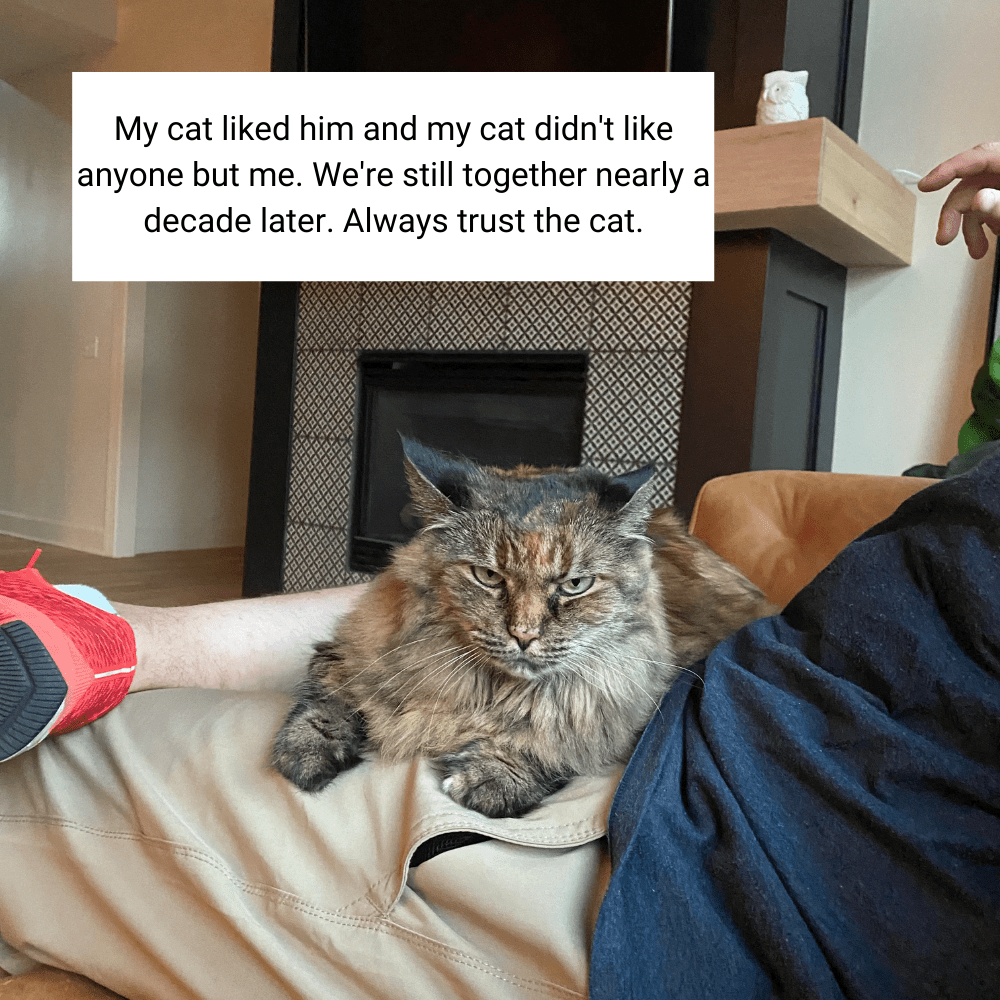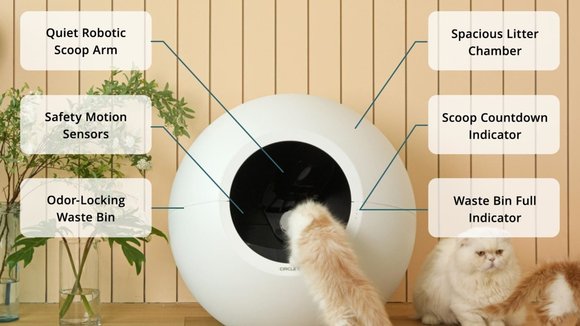### Fleas and Cat Litter: How to Keep Your Home Clean and Pest-Free
Dealing with fleas and cat litter can be a challenging task for any pet owner. Fleas are small, wingless insects that feed on the blood of mammals and birds……
Dealing with fleas and cat litter can be a challenging task for any pet owner. Fleas are small, wingless insects that feed on the blood of mammals and birds. They can cause a range of problems for your pets, including itching, allergic reactions, and even the transmission of diseases. On the other hand, cat litter is essential for maintaining hygiene in a home with cats, but it can also be a breeding ground for fleas if not managed properly. In this article, we will discuss effective strategies to keep your home clean and free from both fleas and the mess associated with cat litter.
### Understanding the Problem: Fleas and Cat Litter
Fleas thrive in warm, humid environments and can quickly infest your home if not controlled. They can jump from one host to another, making it easy for them to spread from your pets to your furniture, carpets, and even your bedding. Cat litter, while crucial for managing your cat's waste, can become a problem if it is not cleaned regularly. The combination of moisture and organic material in dirty litter can create an ideal environment for fleas to breed.
### Preventing Flea Infestations
1. **Regular Cleaning**: One of the most effective ways to prevent flea infestations is to keep your home clean. Vacuum your carpets, rugs, and furniture regularly to remove any flea eggs, larvae, or adult fleas. Pay special attention to areas where your pets spend most of their time.
2. **Pet Grooming**: Regularly groom your pets to check for signs of fleas. Use a flea comb to remove any fleas and their eggs from your pet's fur. Bathing your pets with flea shampoo can also help to eliminate fleas.

3. **Flea Treatments**: There are various flea treatments available, including topical treatments, oral medications, and flea collars. Consult your veterinarian to choose the best option for your pet.
4. **Natural Remedies**: Some natural remedies, such as diatomaceous earth, can be effective in controlling fleas. Sprinkle it on carpets and pet bedding, then vacuum thoroughly after a few hours.
### Managing Cat Litter
1. **Choose the Right Litter**: There are many types of cat litter available, including clay, silica gel, and natural options like pine or corn. Choose a litter that is highly absorbent and has good odor control to minimize the risk of fleas.

2. **Regular Cleaning**: Scoop the litter box daily to remove waste and clumps. Clean the litter box with soap and water at least once a week and replace the litter completely. This will help to prevent the buildup of moisture and organic material that can attract fleas.
3. **Location**: Place the litter box in a well-ventilated area to reduce humidity. Avoid placing it in damp or dark areas where fleas are more likely to thrive.
4. **Litter Box Liners**: Using litter box liners can make cleaning easier and help to keep the litter box more sanitary. Replace the liners regularly to prevent the buildup of bacteria and moisture.
### Combining Strategies for Maximum Effectiveness

To effectively manage fleas and cat litter, it is important to combine the strategies mentioned above. Regular cleaning of your home, grooming your pets, and maintaining a clean litter box will go a long way in keeping your home free from fleas. Additionally, using flea treatments and natural remedies can provide an extra layer of protection.
### Conclusion
Dealing with fleas and cat litter requires a proactive approach. By understanding the problem and implementing effective strategies, you can keep your home clean and your pets healthy. Regular cleaning, proper pet grooming, and diligent litter box maintenance are key to preventing flea infestations and maintaining a hygienic environment for both you and your pets.